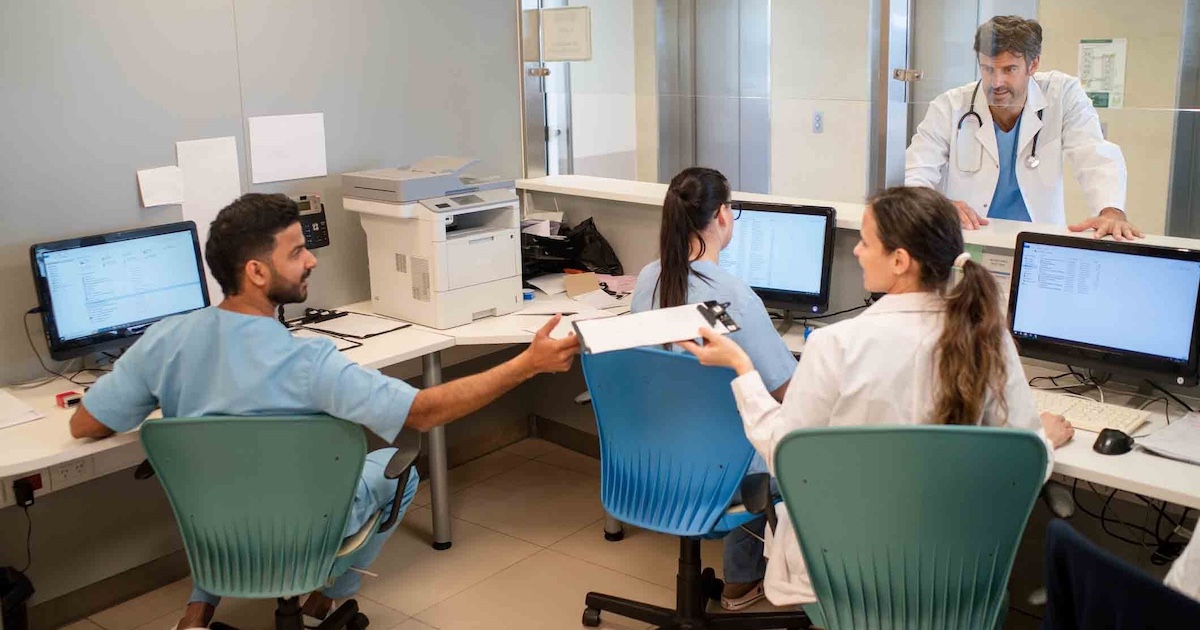A medication management protocol delivered through text or instant message may be the patient engagement tool that doctors need to help people with chronic conditions take care of themselves at home.
A study conducted by the Duke University School of Medicine and University of Maryland School of Medicine found few errors in a mobile health medication inquiry system (MIS) designed to allow patients with chronic kidney disease to check the safety of their medications.
The MIS platform, delivered as a text or personal digital assistant (PDA) message, prompted patients to input the information contained on one of three different sample prescription pill bottles sent to each patient. The patient would then receive one of three responses: "not safe in chronic kidney disease," "use with caution, speak with your healthcare provider" or "safe in chronic kidney disease."
Researchers see this platform as an ideal means of reducing medication errors and boosting patient engagement through home health monitoring. The so-called "patient-centered medication safeguard" could be a valuable tool for providers who deal with the millions of patients who take multiple medications each day to manage conditions such as high blood pressure, asthma, COPD, heart disease and diabetes.
"General usability of the MIS application was high, regardless of platform type, with only a 5 percent error rate," Clarissa Jonas Diamantidis, MD, the Duke researcher in charge of the 20-patient study, said in a press release. "The majority of participants found the application easy to use and helpful in avoiding the use of harmful medications, and they would recommend the application to others."
The results of the study were published in the July 28 edition of the Clinical Journal of the American Society of Nephrology (CJASN), with an accompanying editorial from Bryan Becker, MD, of the University of Chicago.
"What Diamantidis and colleagues have done is extend that treatment platform beyond traditional care settings into the home," Becker wrote. "They have used a tool to create a small but very important first step in achieving patient engagement and patient satisfaction in self-care."
See also:
Startups bolster adherence via social networking, mobile apps
Mobile tools help physicians, patients track medication adherence


